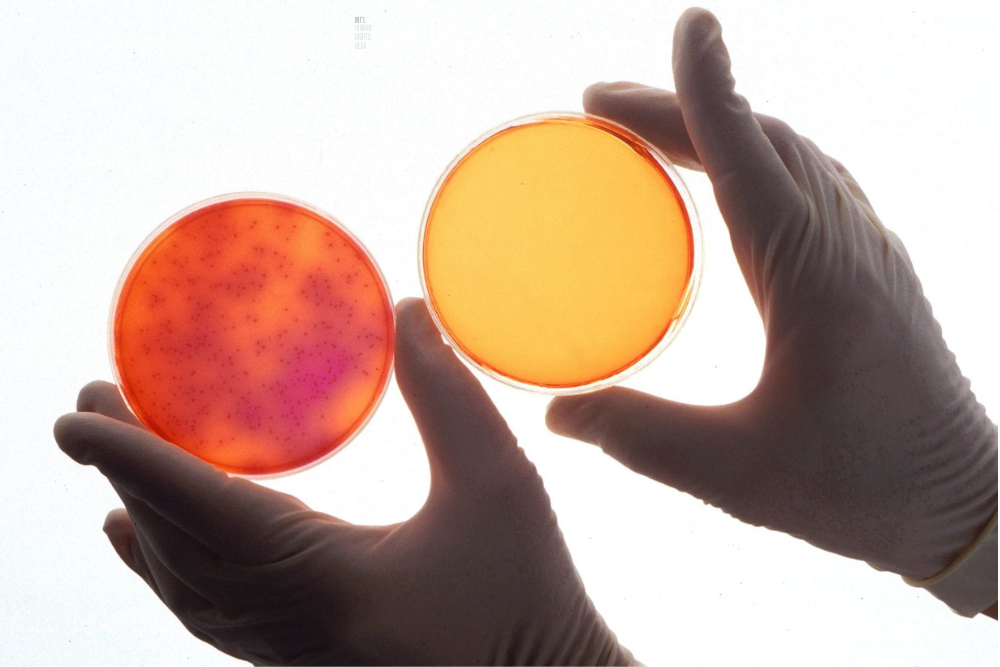According to a new study in Nature Methods, researchers from Karolinska Institutet, together with Pixelgen Technologies, have developed and applied a technique that makes it possible to map proteins in individual cells in a completely new way. It is now possible to measure the amount of proteins, how they are distributed in the cell’s membrane, and how they interact with each other.
Previously, researchers could only study a limited number of proteins in individual cells using flow cytometry. But the new technique, called molecular pixelation, goes one step further. It is now possible to analyze hundreds of proteins simultaneously and get a more detailed picture of their distribution and interactions in individual cells. This is important because proteins are crucial in cellular function and signaling.
“By understanding how proteins behave in individual cells, we can better study diseases such as cancer and inflammatory disorders. In addition, we can use the technique to evaluate new drugs and their impact on the distribution of proteins in cells,” says one of the authors of the study, Petter Brodin, Professor at the Department of Women’s and Children’s Health, Karolinska Institutet, and continues:
“No one else has previously reported a similar technology, which is why this is so unique.
According to Petter Brodin, the next step is to use molecular pixelation in research on cancer, the immune system, and other processes where protein distribution changes over time.
“This is exciting because it will open up new possibilities in single-cell analysis and contribute to our understanding of biological processes,” says Petter Brodin.
Source: Karolinska Institutet











